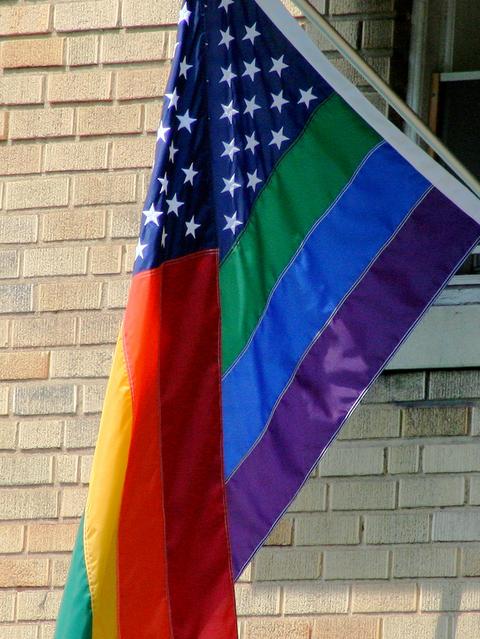

Human Rights Campaign for LGBTQ Protections
Published: 05/07/2017
Updated: 05/17/2022
Phoenix, Tempe, Tucson all score top marks
Written by Tim Gallen. Credit to Phoenix Business Journal | May 7, 2017
Despite a lack of statewide protections, three Arizona cities scored well on an index measuring LGBTQ-inclusive policies.
Phoenix, Tempe and Tucson all scored a perfect 100 on the 2017 Municipal Equality Index from the Human Rights Campaign. The index rates cities and municipalities on how inclusive their policies are toward members of the LGBTQ community.
“This rating is just another example of how we in this city celebrate and elevate the wonderful diversity that makes Phoenix the unique place to live, work, play, and learn that it is and becoming known for,” said Phoenix Vice Mayor Laura Pastor. “We take great pride in our people, culture, and heritage; and welcome the opportunity to keep expanding the distinct character that makes our community richer and more colorful.”
At a time when many states have failed to pass LGBTQ-inclusive laws and policies, cities are stepping up to ensure that all residents are treated equally, according to the HRC.
“This year’s MEI paints a vivid picture: cities big and small, in red and blue states alike, are continuing our progress toward full equality, regardless of the political drama unfolding in Washington D.C., and in state legislatures across the country,” said HRC President Chad Griffin. “Today, the MEI serves as a vital tool for business leaders and municipal officials alike when it comes to economic development. CEOs know that in order to attract and retain the best employees, they must grow their companies in places that protect LGBTQ citizens from discrimination and actively open their doors to all communities. The MEI is the best tool to help these businesses make crucial evaluations about the welcoming — or unwelcoming — nature of towns and cities across the nation.”
The average score for cities in Arizona was 61 out of 100, which is above the national average of 57, according to the HRC.